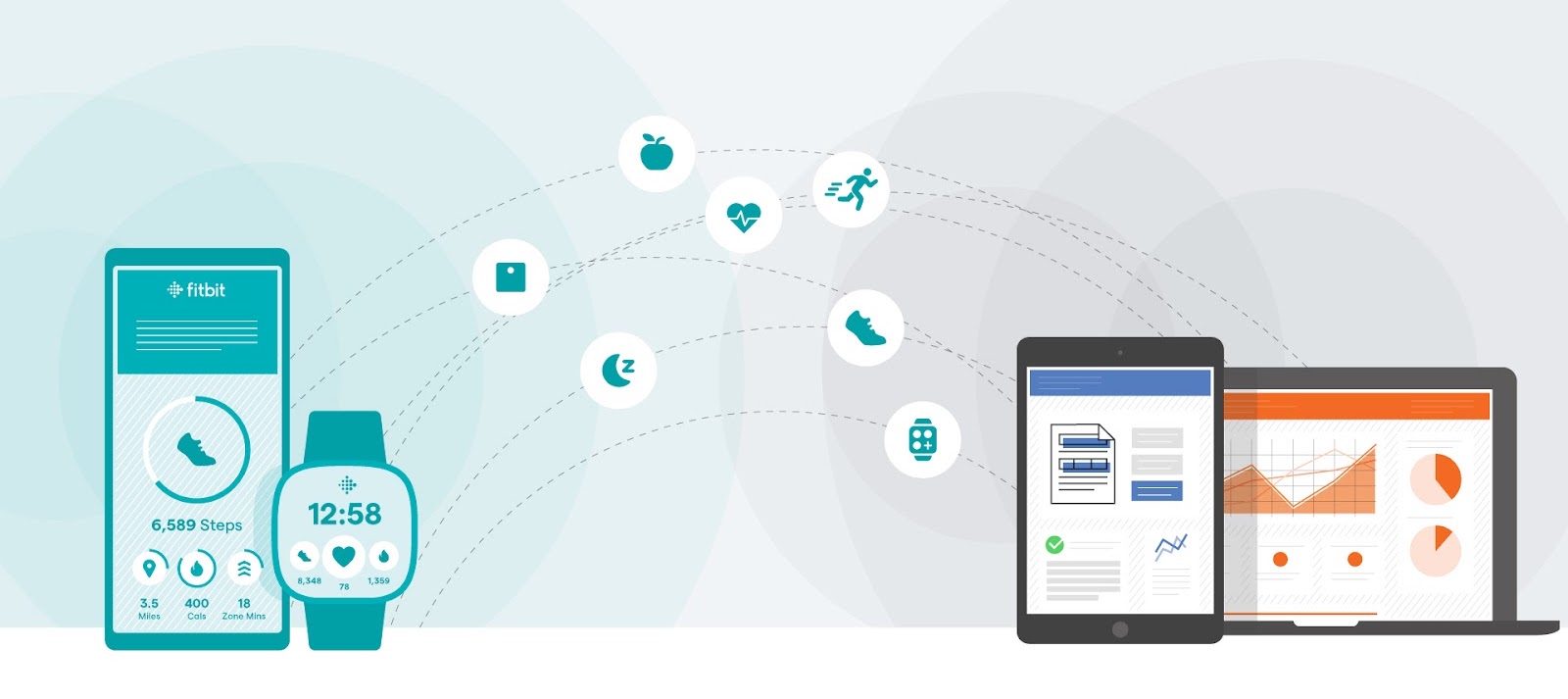Using Technology to Help Americans Affected by Substance Use
Here at Fitbit, I get this question a lot: “What does a social worker do at Fitbit?” I always appreciate the question, because it gives me an opportunity to explain the many ways Fitbit can be used as a health and wellness tool. It also allows me to talk about why I decided to move from being a care management leader and therapist to a role at a digital health company, which I did for several reasons – the most important of which was the potential to support patients outside of the clinic walls and to strengthen the patient–clinician relationship with technology. In this role, I have been fortunate to support our partners’ efforts to deliver on that potential.
Supporting substance abuse recovery
Mood, anxiety, and substance use disorders require intensive treatment that too often is conducted in silos from the rest of an individual’s health. As a therapist, I repeatedly felt conflicted when my patients left my office because while I provided them with resources, I knew they were largely on their own until our next session. In the interim, I’d sometimes give patients assignments to complete between sessions, including goals for physical activity and sleep. A systematic review and meta-analysis of 15 studies demonstrated that engaging in physical activity equivalent to 2.5 hours of brisk walking per week was associated with 25% lower risk of depression.
Today, we introduced an exciting partnership with Pretaa, a behavioral analytics company that seeks to improve outcomes for Americans and their families affected by substance abuse. More than 20 million people in the United States were diagnosed with a Substance Use Disorder in the past year. Data from the CDC indicates that drug overdose deaths have increased nearly 15% from 2020, totaling 107,622 deaths in 2021. On a mission to combat this growing epidemic, Pretaa is incorporating Fitbit devices and Premium membership into its recovery offerings. With this integration, individuals will have more tools along their health journey to drive behavior change and meet their goals.
Whether someone has a chronic physical and/or behavioral health condition, it is critical that providers not only treat those conditions but also have visibility into individuals’ overall health and well-being, including stress, activity, sleep and more, enabling them to provide support beyond the hospital walls. Through Pretaa’s integration with Fitbit’s Web APIs, providers who collaborate with Pretaa will be able to view a consenting individual’s Fitbit health and wellness data alongside clinical information. Using machine learning, Pretaa’s solution will derive insights from various sources of data, including Fitbit’s measures of heart rate, SpO2, body temperature, activity, and sleep.
The risk of relapse in substance abuse recovery is extremely high and it can take individuals a long time, if not their entire life, to truly recuperate. Too frequently, people leave treatment and are left to face things alone. Fitbit devices and Premium app help individuals to set attainable goals and gradually change their behaviors, empowering them to feel more in control and confident in their ability to make healthy changes. Through data and insights, people can learn how to best cope with triggers and build resiliency over time. The Fitbit experience provides support and accountability along the way that is positive and free of the stigma so often associated with substance use.
The World Health Organization celebrated World Mental Health Day just yesterday with the theme of “Make Mental Health & Well-Being For All a Global Priority.” As consumer wearable adoption continues to rise, its potential for bringing enhanced insights to providers while supporting patients in adopting healthy behaviors is immense. Working at Fitbit, I am inspired every day by my teammates and our partners who are brainstorming innovative ways to leverage technology to solve healthcare’s largest challenges.
Karen Romans has been a Licensed Clinical Social Worker and trained therapist for more than 14 years. She currently serves as Strategic Partner Clinical Lead for Fitbit and brings not only her experience as a behavioral health clinician but also years leading care management programs for Medicaid members and serving in a leadership role for a digital health startup. Karen resides in Dallas, TX with her adorable french bulldog named Tex.



